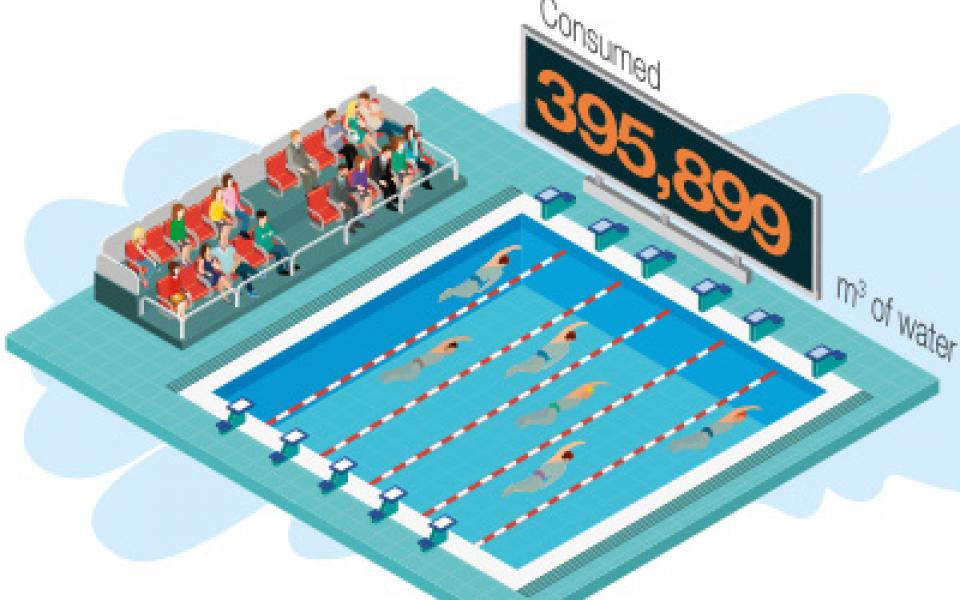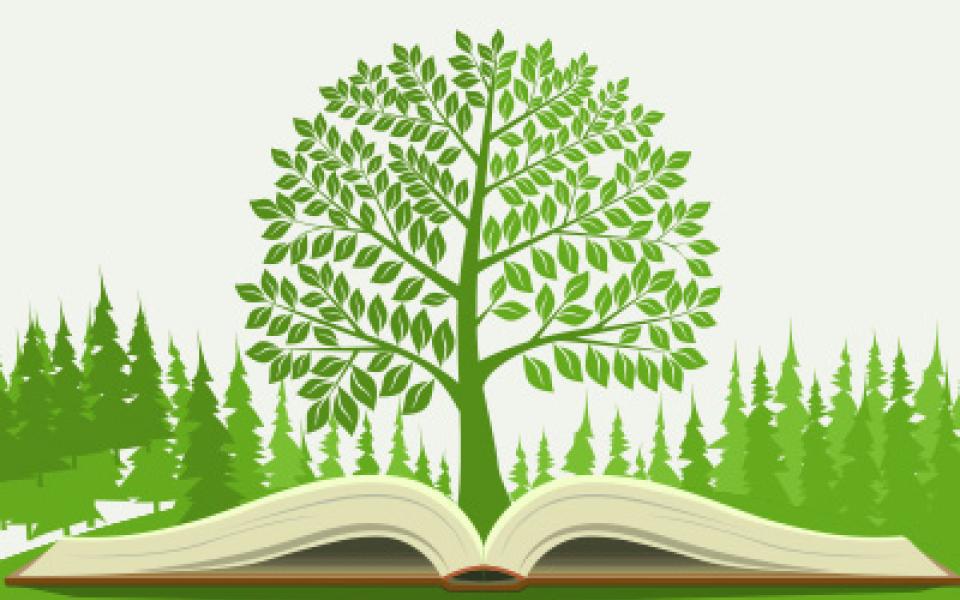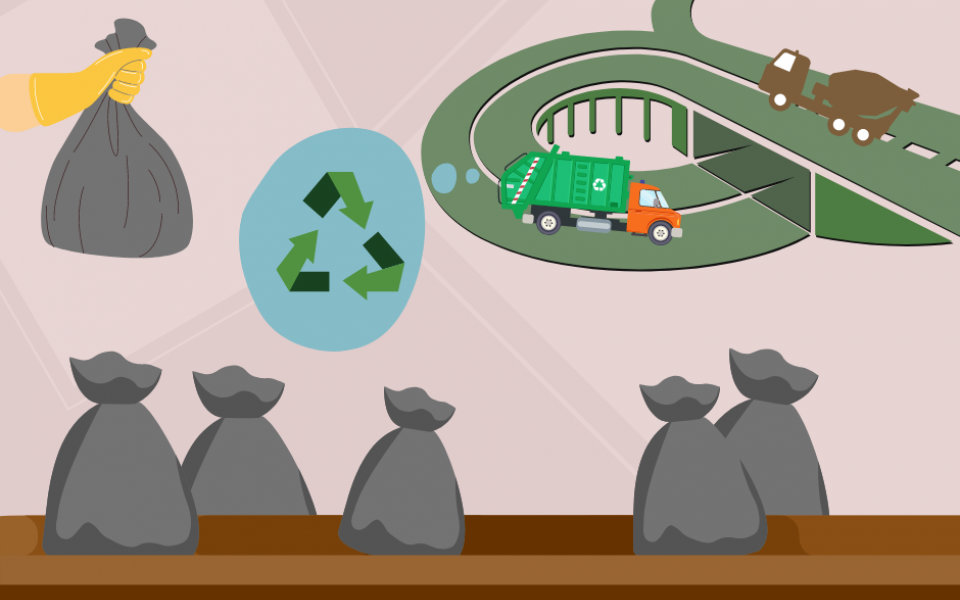Performance Measures
As a research university, members of the HKUST community are accustomed to tracking data and analyzing results. We have taken this same approach to campus sustainability so that we can better understand trends, performance, and areas of need.
Greenhouse Gas
Greenhouse gas refer to any gas that has the property of absorbing infrared radiation (net heat energy) emitted from Earth’s surface and reradiating it back to Earth’s surface, thus contributing to the greenhouse effect.
Inventory of greenhouse gases for HKUST includes all university sectors –Academic Buildings, Sport and Amenities Facilities, Student Housing Area, Staff Quarters, Caterers and Commercial Outlets, and all Public areas within the Clear Water Bay Campus.
Energy
Based on our strong conviction that energy is at the heart of many of Sustainable Development Goals, HKUST is committed to managing environmental footprints and integrating low-carbon measures into operations to avert the worst effects of a warming planet.
Electricity is the largest source of energy on campus, hence we are exponentially increasing our use of renewable energy.
Water
Responsible use of water is crucial but also a challenging issue to the HKUST community. While water is a fundamental source of energy that living organisms need for survival, there is an ongoing water crisis in economies and societies. To cope with this issue, we understand the significance of providing sufficient water availability to the community and transforming our water management systems to reduce total water consumption.
Paper
The University understands the impact of paper usage on the forests and the environment, and we are making significant effort to reduce our paper usage and ensure every piece of paper is used to its max potential. Efforts include setting up double-sided printing for all printers, and making use of digital documents instead of physical copies.
Waste
There is an urgent need to protect the HKUST community from increasing waste and develop the world into a more sustainable circular economy. Various types of waste such as plastics, e-waste, and food waste pollute our ecosystem and affect our health. To prevent emissions of harmful substances from waste, we urge the community to take initiatives in responsible resource use behaviors, increase the use of recycled content, and keep use of the reuse, repair, and recycling programs.
The university currently has more than 15 types of materials for recycling ranging from paper, plastic containers, metal to polyfoam, tetrepak, landscape waste. We hope to divert as much waste as possible from landfill through this aggressive recycling program.
Food Waste
The University operates multiple large-scale canteens to serve our students and staff. We have a heavy emphasis on reducing food leftovers and also strives to finds ways to turn them into usable resources instead of sending it to the landfill. For example, using it as fertilizers for on campus farms after simple processing on the food leftovers.





